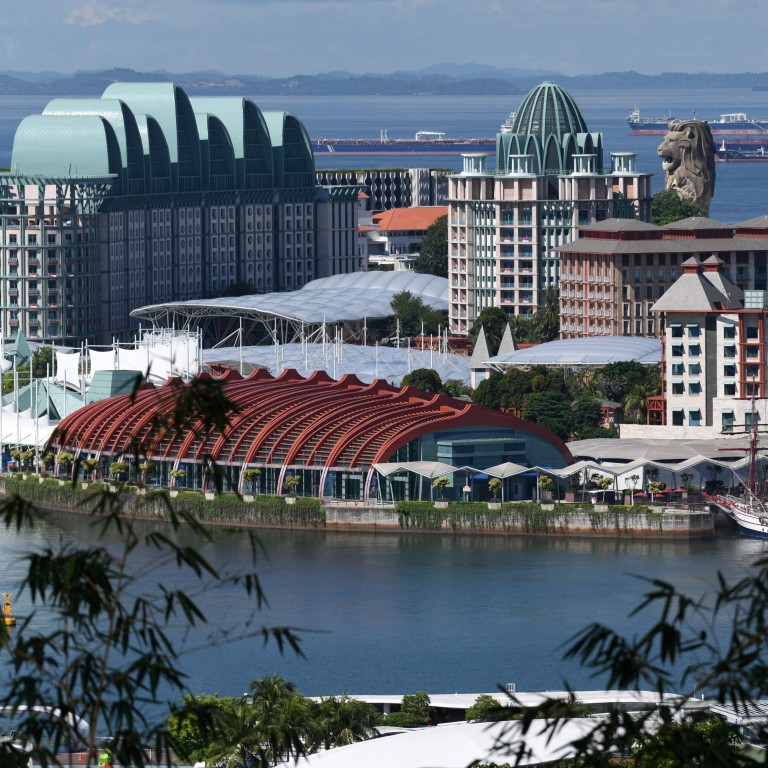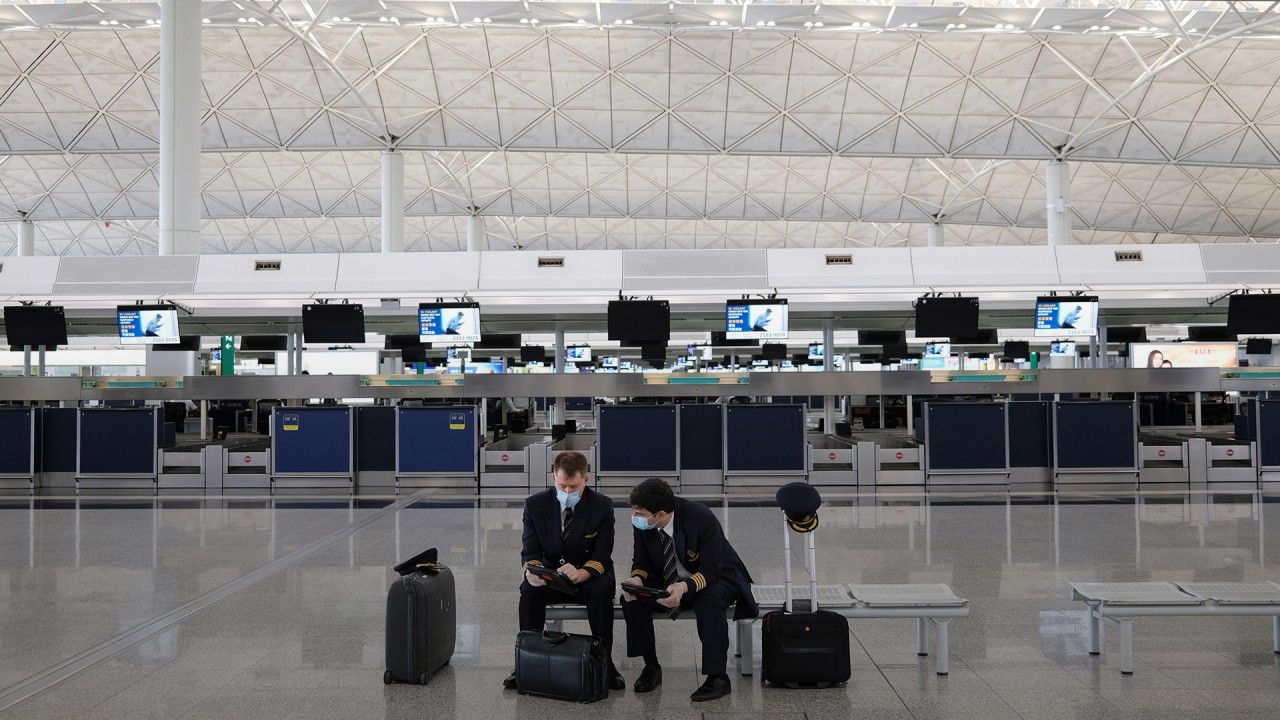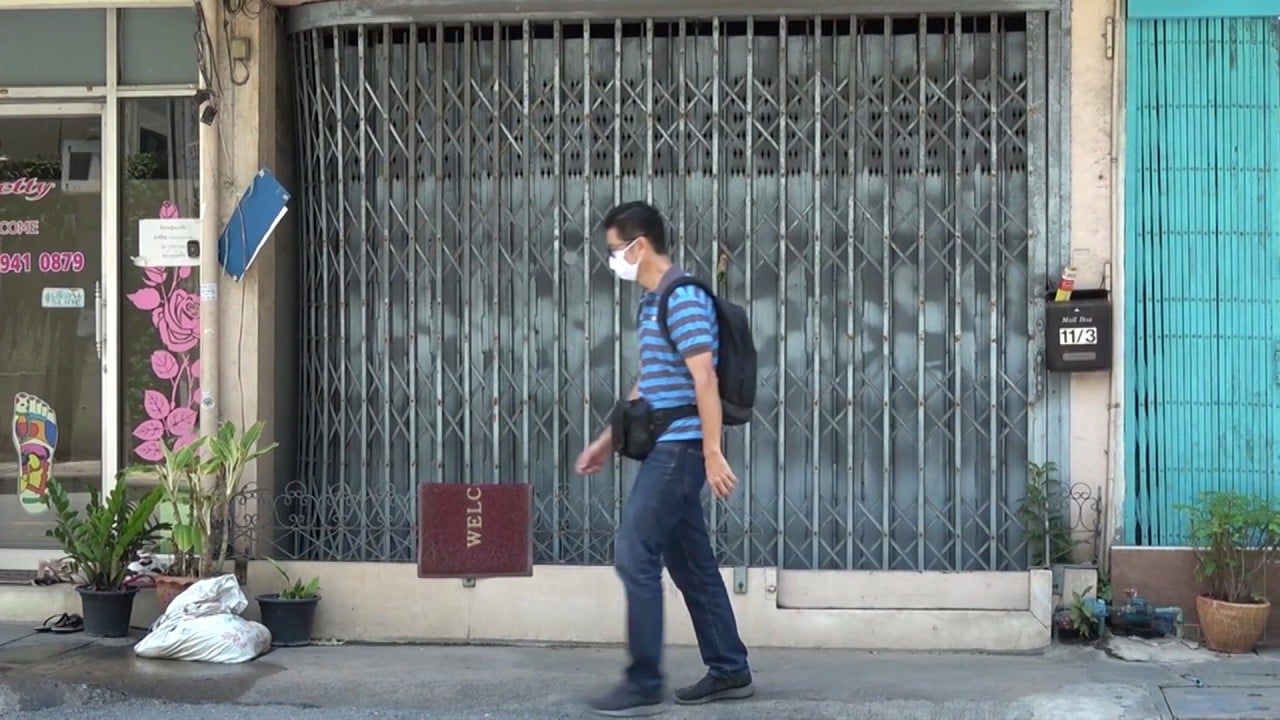
Asia’s coronavirus-battered hotel industry poised for a rally once curbs on travel end
- Many properties have had to cease operations for several months, with demand likely to remain weak for at least the next year
- While hotels are viewed as a more volatile asset class by investors, tourism is likely to rebound quickly once travel restrictions are lifted
Last year was a bumper one for Asia’s hotel investment market. Transaction volumes surged by 61 per cent year on year to an all-time high of nearly US$14 billion, compared with a decline of more than 20 per cent in North America and a flat market in Europe, the Middle East and Africa, according to data from JLL.
Asia’s hotel sector – which relies heavily on international tourism and has a thriving meetings, incentives, conferences and exhibitions market – was shaken as lockdowns and travel restrictions were imposed.
Nihat Ercan, the head of JLL’s investment sales division in Asia, said the shock was unprecedented and across the board, affecting both city and resort hotels in all segments of the market. “It’s like someone flipped a switch and all the lights went off,” he said, adding that transaction volumes were expected to drop to US$4 billion this year, the lowest annual tally since the 2008 financial crisis.

03:07
When can we travel? Hong Kong companies aim to get Asia’s tourists safely moving amid pandemic
In a blog published on June 30, the International Monetary Fund forecast that output in 2022 will still be lower than the level predicted before the crisis, with the gap “much larger if we exclude China, where activity has already started to rebound.”
According to hotel data provider STR, the average occupancy rate in the region in June stood at 39 per cent, a decline of 43 per cent year on year. Revenue per available room – the industry’s favoured performance measure – fell to US$23, a staggering 63 per cent drop year on year.

01:45
Thailand’s dark economic outlook a painful side effect of coronavirus success story
In a May 21 report, Colliers noted that China’s outbound tourism spending grew at a compound annual growth rate of 21 per cent between 2003 and 2018. In the Asia-Pacific region, China alone accounts for more than half of the region’s travel and tourism GDP.
Still, it is not all doom and gloom for the industry. Leverage ratios in the sector are generally lower than in Europe and America, while bank lending is more relationship driven. This cuts hotel owners and operators more slack in debt servicing, limiting the level of distress in the sector.
Moreover, many owners are high-net-worth individuals who have been in the hotel business for generations. Crisis-hardened and willing to take the long view, they are less likely to dispose of their assets.
While this widens the gap in price expectations between buyers and owners, it increases the resilience of the sector at a uniquely perilous time for the industry. “Asians are net buyers in this market,” Ercan said.
In addition, the pandemic will have a profound impact on the day-to-day running of hotels. Operating models and safety procedures are being revamped with a stronger focus on cleanliness. This will act as a disciplining mechanism for the sector, creating new standards that should help reassure guests as fear of the virus persists.
The pandemic will inevitably cause development pipelines to shrink, especially in emerging markets. This will give owners some breathing space and, coupled with cost-cutting measures, put the sector on a firmer footing once the recovery takes hold.
Asian hotels are at the sharp end of the crisis for now. However, the resilience and appeal of the sector should not be underestimated.
Nicholas Spiro is a partner at Lauressa Advisory

